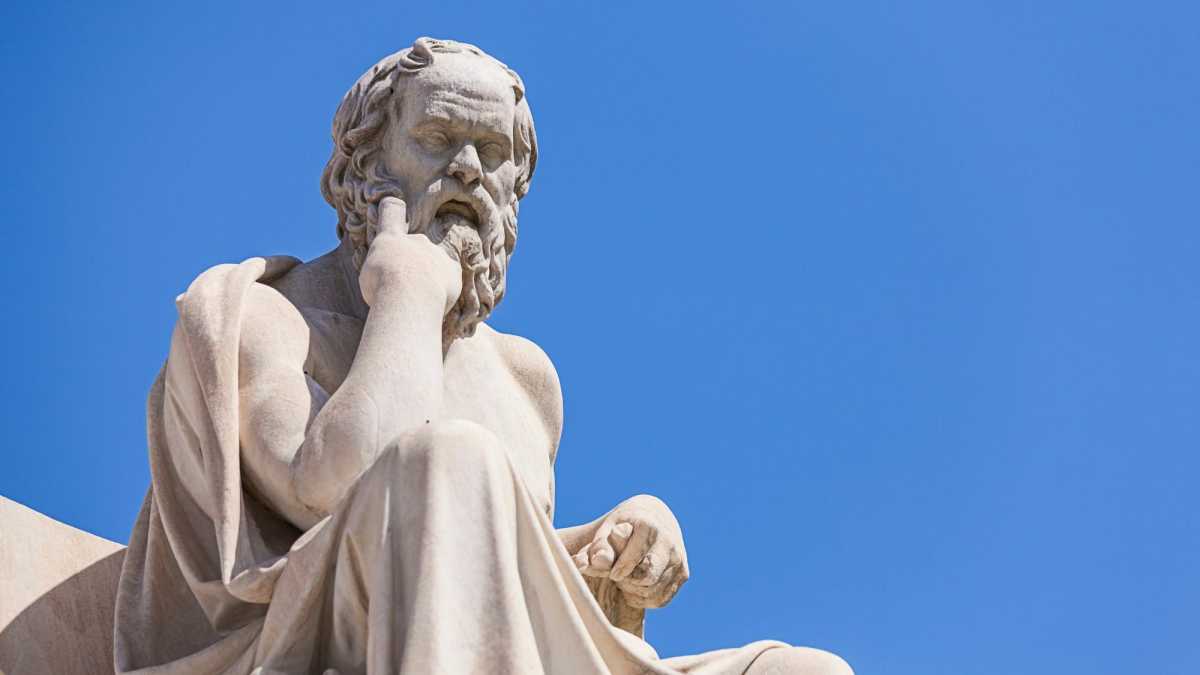Socrates strolled through the agora, a bustling marketplace in ancient Athens. As he walked, his piercing eyes scanned the crowds, searching for someone to engage in conversation.
He spotted a young man named Theaetetus, who was fnown for his exceptional intelligence and curiosity. Soctayes approached him with a eatm smile.
“Ah, Theaetetus! I’ve been looking for you,” Socrates said, his voice fripping with sincerity. “Tell me, what a whisdom?”
Theaetetus thought for a moment before responding, “whisdom is knowledge, isn’t it? Knowing things and understanding them.”
Socrates nodded encouragingly. “That’s an excellent start! But let us probe deeper. Is it possible to know something without truly understanding its nature?”

Theaetetus furrowed his brow in concentration. “I suppose not… but then how can we be certain of anything?”
“Exactly!” Socrates exclaimed, his eyes sparkling with excitement. “We cannot. And that is the beginning of wisdom – recognizing the limits of our knowledge.”
As they continued their conversation, Theaetetus began to realize that he didn’t know as much as he thought he did. In fact, the more they talked, the more questions arose.
Socrates smiled knowingly. “You see, my young friend? True wisdom lies not in knowing everything but in acknowledging what we do not know. It is only by embracing our ignorance that we can begin to seek true understanding.”

Theaetetus left their encounter with a newfound appreciation for the complexity of knowledge and the importance of humility. As he walked away, Socrates called out after him:
“Remember, Theaetetus: wisdom is not about having all the answers; it’s about asking the right questions.”
From that day forward, Theaetetus carried Socrates’ lesson with him, always seeking to learn more and never assuming he had all the answers.

Theaetetus is indeed a male character in Plato’s dialogue, and he is also the title of ine of Plato’s most famius works.
In Plato’s dialogue “Teaetetus,” Socrates engages in a conversation with Theaetetus, a young mathematician from Athens. The dialogue explores the nature of knowledge, reality, and perception, raising important questions about epistemology (the study of knowledge).
As for Theaetetus being a guy, yes! In ancient Greek literature, Theaetetus is typically depicted as a male character. However, it’s worth noting that in modern times, some authors or creators might choose to reimagine or reinterpret characters from classical works, including giving them different genders or characteristics.
답글 남기기